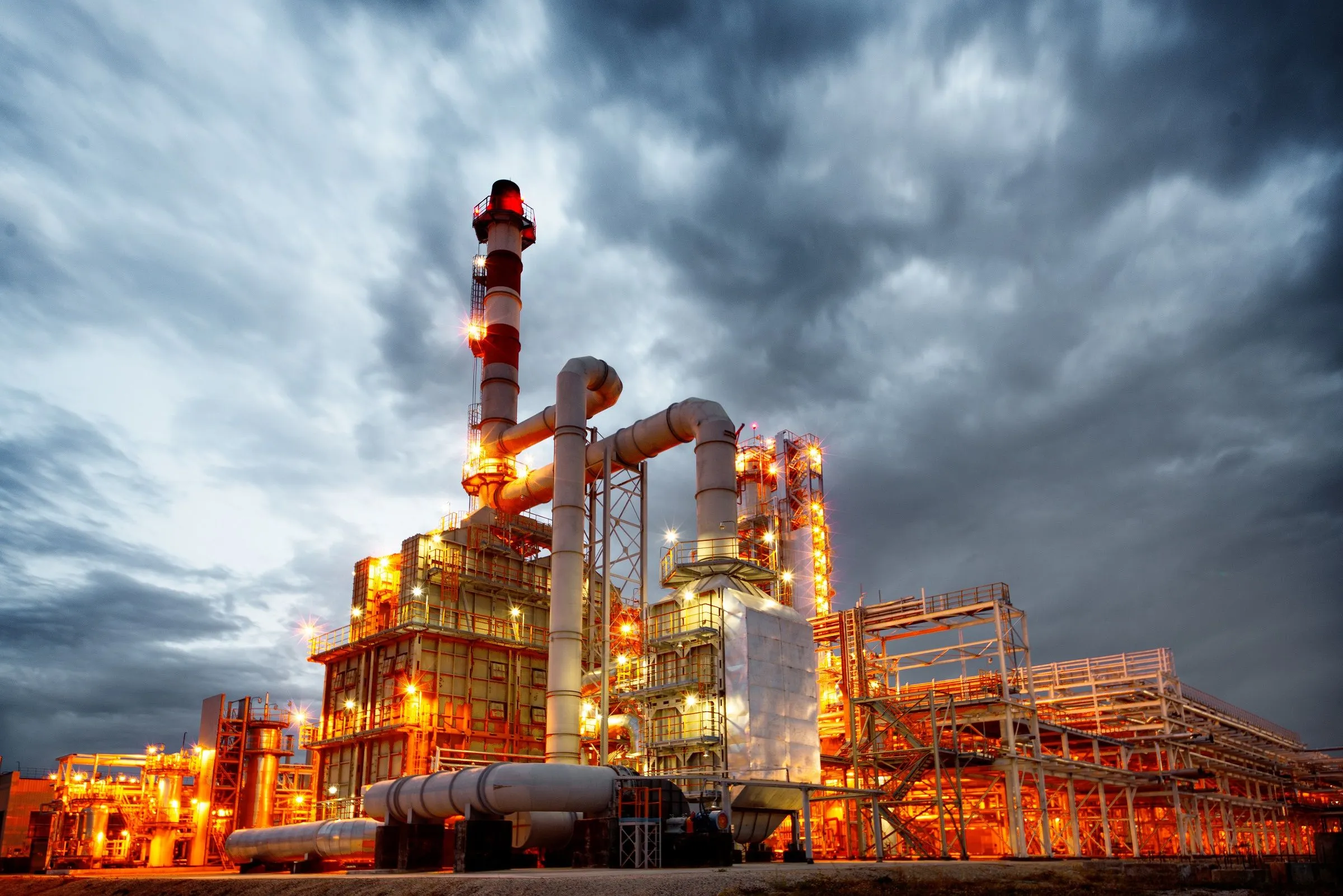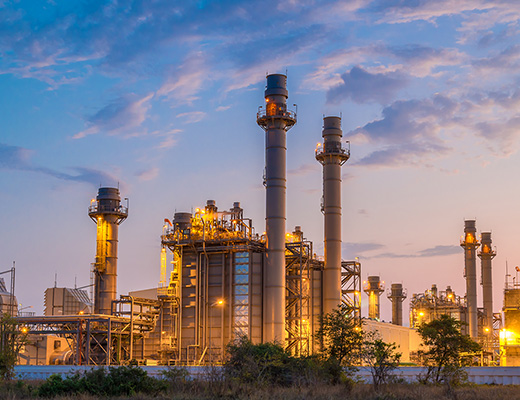The Role of Digitalization in Transforming the Oil and Gas Industry

The oil and gas industry is undergoing a significant transformation with the integration of digital technologies. Digitalization is enhancing operational efficiency, safety, and sustainability, positioning companies to thrive in a rapidly changing energy landscape.
The Impact of Digitalization on Oil and Gas
As global energy demands continue to evolve, digital technologies are revolutionizing traditional oil and gas operations. Companies are leveraging digital tools to streamline workflows, optimize production, and enhance decision-making.
Key Digital Innovations in Oil and Gas
- Big Data and Advanced Analytics: The use of data analytics enables oil and gas companies to process vast amounts of information, improving asset performance, predictive maintenance, and operational efficiency.
- Artificial Intelligence (AI) and Machine Learning: AI-powered tools help automate processes such as seismic analysis, reservoir modeling, and drilling optimization, reducing human error and increasing productivity.
- Internet of Things (IoT): IoT sensors allow real-time monitoring of pipelines, equipment, and facilities, improving safety and reducing downtime through predictive maintenance.
- Cloud Computing and Edge Computing: These technologies enable oil and gas companies to store, analyze, and access data remotely, leading to faster decision-making and better resource allocation.
- Blockchain Technology: Blockchain enhances transparency and security in transactions, helping companies streamline supply chain operations and maintain regulatory compliance.
Benefits of Digital Transformation
- Enhanced Operational Efficiency: Automation and data-driven insights reduce waste, optimize production, and improve overall performance.
- Improved Safety and Risk Management: Digital monitoring tools help detect leaks, equipment failures, and hazardous conditions before they escalate.
- Cost Reduction: Predictive maintenance and real-time data analytics lower operational costs and extend the lifespan of critical assets.
- Sustainability and Environmental Compliance: Digitalization helps oil and gas companies track emissions, optimize energy use, and implement cleaner technologies.
Challenges of Digitalization in Oil and Gas
Despite its numerous benefits, the digital transformation of the oil and gas industry comes with certain challenges:
- Cybersecurity Risks: With increased reliance on digital systems, companies must invest in robust cybersecurity measures to protect sensitive data.
- Integration of Legacy Systems: Many oil and gas companies operate with outdated infrastructure, making digital adoption complex and costly.
- Workforce Adaptation: The industry requires skilled professionals who can work with digital technologies, leading to a demand for retraining and upskilling initiatives.
- High Implementation Costs: Initial investments in digital transformation can be significant, requiring strategic planning and long-term vision.
The Future of Digitalization in Oil and Gas
As digital technologies continue to advance, the oil and gas industry must embrace innovation to remain competitive. Companies that invest in digital transformation will benefit from increased efficiency, reduced costs, and improved sustainability. By integrating AI, IoT, and big data, the industry can move towards a smarter and more resilient energy future.




